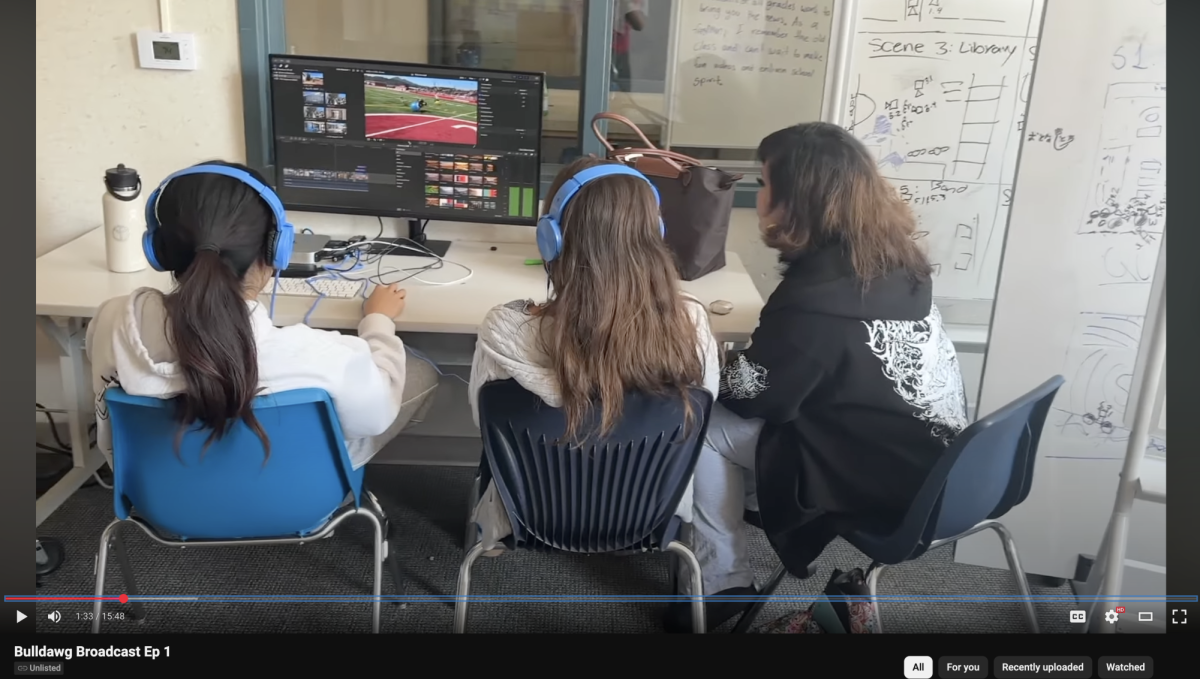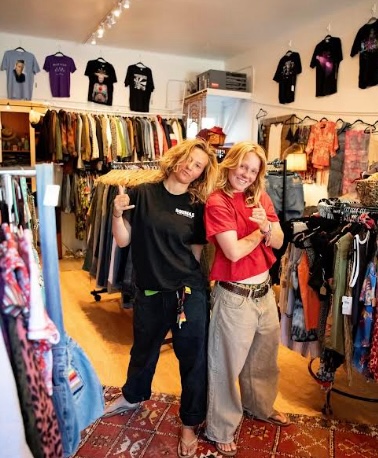Unrestricted Access to Social Media Apps Comes With Serious Risks
January 5, 2022
The Internet is a crucial part of our lives now. It is used to communicate with family, friends, buy gifts, and more so recently to work from home. The Internet is also a place for financial scams, mature content, and an easy tool for predators to get in contact with anyone.
As a 17-year-old girl who got her first phone at the age of 11, I have learned to live with the comfort and wariness that comes with being active on social media.
I have always been aware of the fact that I am spending at least 3-4 hours a day on my phone, either on Snapchat texting my friends and seeing what other people are up to or scrolling through Instagram and Tiktok.
A study led by economist Weiwei Chen of Florida International University, found that as of 2014, children ages 2 and under in the United States averaged 3 hours and 3 minutes a day of screen time. In contrast in 1997, the average screen time per day was an hour a day.
The addiction to screens develops at a young age, bringing kids into their pre-teen and teenager years wanting to be on social media and active within the online world.
In July 2019, an online survey asked people 18 and over when they got their first phone. A majority of the people had responded that they had phones by the time they were 11 years old. 4% of the people surveyed said by the time they were 4 years old they had a phone.
“I got Snapchat in 6th grade. Instagram was right before 7th grade,” said Eliza Gould, a junior at San Rafael High School.
Human brains are fully grown in size at ages 11-13 years old, but absolutely nowhere near fully developed. Kids around this age are still developing the prefrontal cortex which is incharge of planning, controlling impulses, and prioritizing. This causes pre-teens and teenagers to be much riskier and not consider the potential results of their actions.
With the changes happening physically and mentally as kids go through puberty, it is just another unknown bringing social media into the mix. Kids can be exposed to anything on social media.
There are few age restrictions on these apps and even when there are, they are easy to override.
“I probably said that I was 13 years old because that was the limit, when in reality I was still 11. I think I made my birthday January 1st, 2000 when I was first logging in,” said Eliza Gould.
Although it is not about stopping kids from completely using social media and taking away something that could be beneficial for them, it is about finding ways to make it safer.
On Tiktok, there seems to be a trend that pops up every couple of months with the caption: “Don’t watch this video, I am never going to be able to unsee that.” Now without a doubt, anyone who sees that video is going to search for the same “scarring” video to see if it really is that bad.
On August 31st, 2020, a man named Ronnie McNutt was live streaming from his computer when he shot himself in the head. The video had ended up going viral on TikTok. With everyone saying not to watch it, it simply caused more curiosity. The video had popped up on my For You Page, which is a generated set of videos from TikTok based on videos you have liked, while I was scrolling in bed one night.
There had been no bans placed on the video and it showed up on many peoples’ ForYou Pages.
There has been an increase in hateful things on the internet and social media, but no increase in people taking actions against those posts.
Majority of people when they see something hateful, they ignore it. From the Children and Parents: Media Use and Attitudes Report in 2019, 58% of 12-15 year olds will simply choose to ignore something bad they see online, which makes it much more likely for the post to stay up and younger kids to see it.
“There is no filter on social media, so anyone can say anything without being censored,” said Eliza Gould.
There is no filter on the apps themselves, so parents have to be the filter. It is not up to the kid, whose brains are still developing and are going through drastic changes, to know that they should limit themselves from technology.
It is a scary thought to believe that a young child could be scrolling through TikTok and then suddenly have watched a mans’ face being blown off.
I hear adults around me talk about how kids are acting “too adult” nowadays, the way they dress and the way they talk, but we haven’t taken the time to look at what could be the cause of that.
Being raised with screens and social media does have an affect on kids and it shortens their childhoods. This is an issue we are just beginning to understand as kids are being brought up in a more technological world.






































